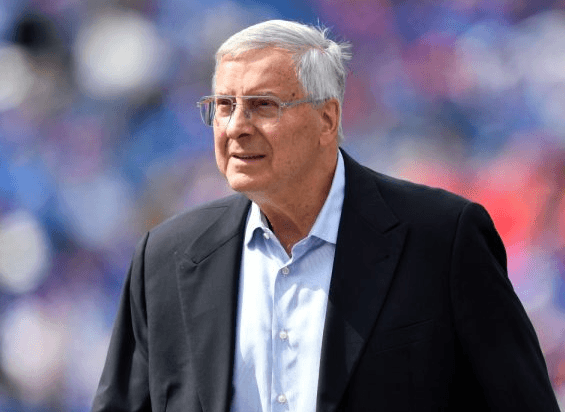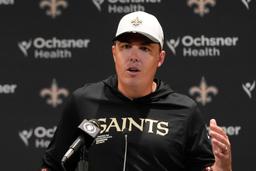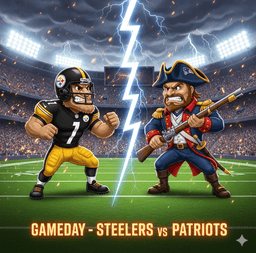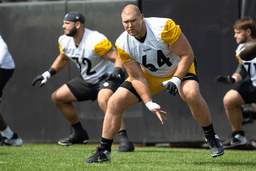Ex-Chiefs Star Rejects $8M Endorsement Deal from Controversial Tobacco Giant
Kansas City, MO – July 16
In a city where loyalty to Chiefs Kingdom runs deep, one former Kansas City Chiefs standout has made a bold stand that’s resonating far beyond Arrowhead Stadium. Reports emerged this week that a beloved ex-player turned down an $8 million endorsement deal from a notorious tobacco conglomerate—a company pushing flavored vaping products that have drawn ire for targeting youth in the Midwest.
The player in question? Travis Kelce, the three-time Super Bowl champion and tight end who left an indelible mark during his 11-year tenure with the Chiefs before retiring in 2024. Kelce, a Kansas City native whose charisma and community involvement made him a local icon, didn’t flinch when the offer landed. For him, some values outweigh a paycheck.
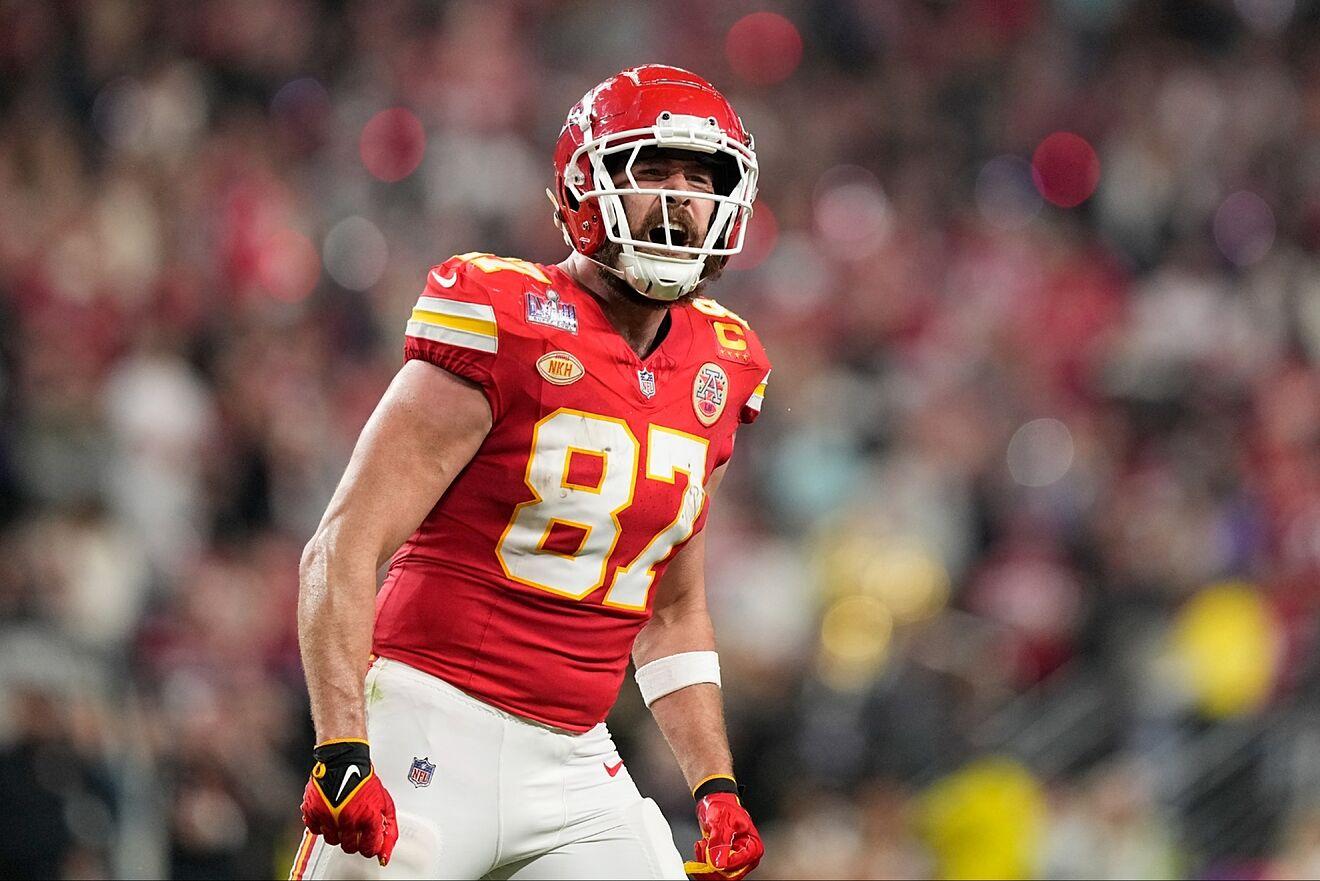
“I grew up here, and I’ve seen what this community stands for—hard work, family, and pride in our team,” Kelce said in a statement to ESPN. “I won’t endorse a company that preys on kids with addictive products. That’s not the Chiefs way.”
The tobacco giant, known for aggressive marketing of its new line of candy-flavored e-cigarettes, had hoped Kelce’s fame would boost its Midwest campaign. But the move clashed with the Chiefs’ culture, which emphasizes health, unity, and fan connection—values Kelce championed through his charity work and postseason heroics, including 10 catches for 116 yards in Super Bowl LVIII. The company’s practices, linked to lawsuits over youth addiction, stand in stark contrast to the team’s community-driven ethos.
Fans and locals are rallying behind Kelce’s decision. “Travis is the heart of KC—turning down that money shows he gets us,” posted @ChiefsKingdomFan on X. The rejection has sparked a broader conversation about corporate responsibility, with many praising Kelce for aligning with the Chiefs’ blue-collar spirit over profit.
During his Chiefs career, Kelce racked up 907 receptions, 11,328 yards, and 74 touchdowns, per Pro-Football-Reference, earning seven Pro Bowl nods and three All-Pro honors. His off-field legacy, including support for local youth programs, only amplifies the impact of his stance. The tobacco firm is now scrambling to find a new ambassador, while Kelce’s choice reinforces his status as a Chiefs legend.
In an NFL landscape often driven by endorsement deals, Kelce’s refusal cements his place as a symbol of integrity. As Chiefs Kingdom reflects on his legacy, his decision reminds everyone that some things—loyalty, community, and pride—can’t be bought. Stay tuned to ESPN for more on this developing story.


